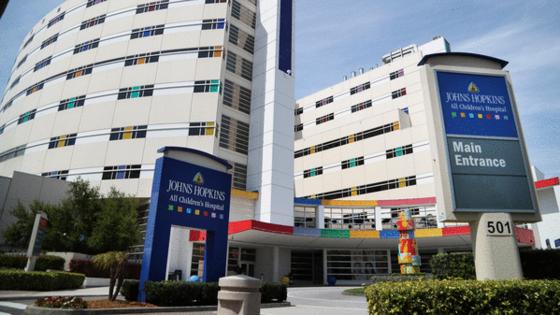New therapy kickstarts immune response to cancer
Published in News & Features
Cancer researchers with Johns Hopkins All Children’s Hospital successfully boosted immune response to cancer tissue in a study that could dramatically improve survival and prevent tumor relapse.
Malignant tumors are challenging to treat because they typically avoid detection by the body’s immune system, preventing the immune response that would help fight the cancer. Researchers call this tendency immune-cold.
“We discovered that by activating a combination of two immune pathways, you can convert an ‘immune-cold’ tumor to an ‘immune-hot’ tumor,” said Masanobu Komatsu, principal investigator of the study and senior scientist at the Johns Hopkins All Children’s Cancer & Blood Disorders Institute.
“Only 20 to 30% of melanoma and lung cancer patients respond to immunotherapy,” Komatsu said. “If you can help those other 70% of patients, you can effectively eliminate cancer.”
Cancer occurs when changes to the genes that regulate cell functions cause the cell to malfunction, according to the National Cancer Institute, which funded the Johns Hopkins study, growing and dividing when they should not. While the immune system normally eliminates damaged or mutated cells, cancer cells hide from this defense, sometimes even co-opting the immune system to defend it instead.
The treatment enhanced the growth and effectiveness of immune hubs known as tertiary lymphoid structures (TLS) that recruit and guide immune cells to the tumor to fight cancer cells. These hubs also stick around after successful treatment and can keep the tumor from coming back.
Within these structures, they reported, immune B cells initiated reactions that generated more effective antibodies and longer-lived memory cells as well as other signs that indicated a durable immunity and a lower chance of relapse.
Currently, approved therapy exists to target one of the two immune pathways in their experiment, Komatsu said. They demonstrated they can activate both pathways in mouse models. Next, they will use human cell cultures to fine-tune both therapies in preparation for human clinical trials.
“By building the right immune infrastructure inside tumors, we can potentiate the patient’s own defenses … against cancer growth, relapse, and metastasis,” Komatsu said.
_____
©2025 Baltimore Sun. Visit baltimoresun.com. Distributed by Tribune Content Agency, LLC.







Comments